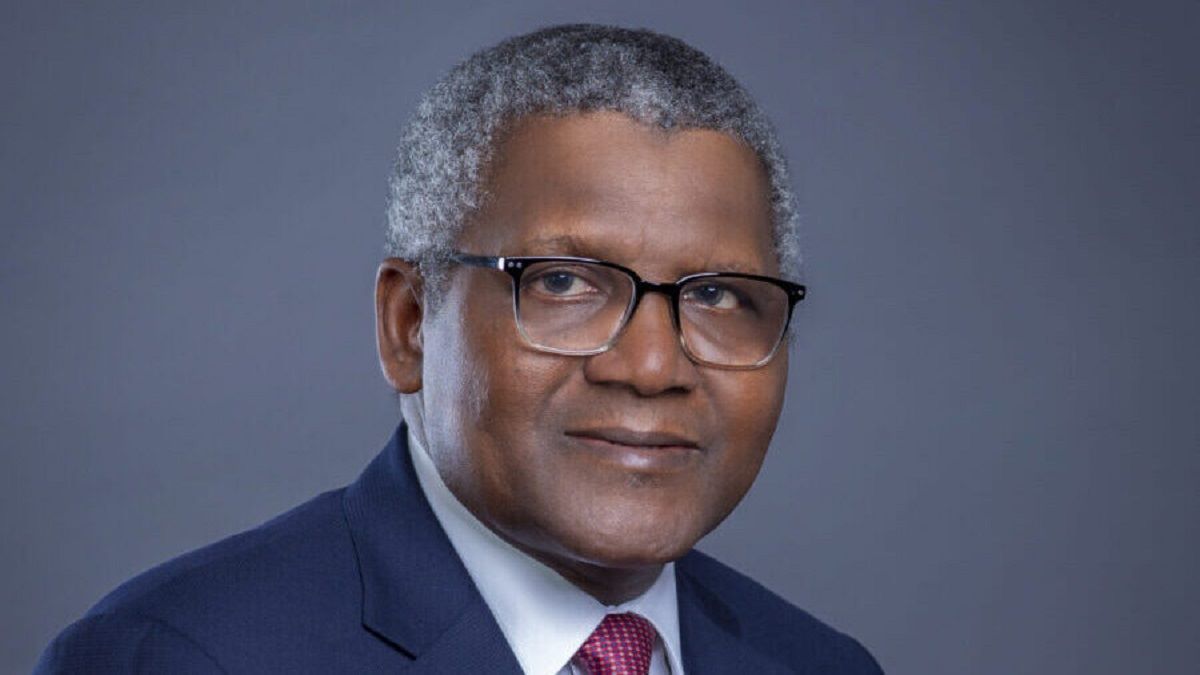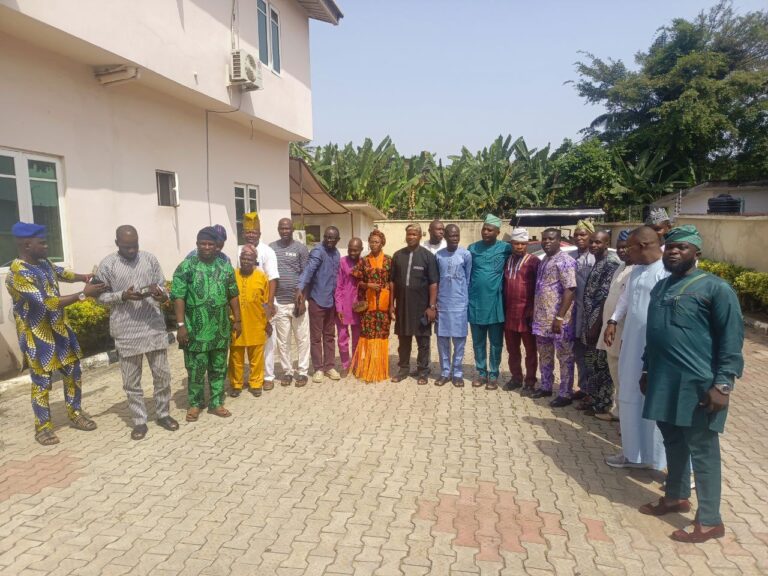
The President of Dangote Group, Alhaji Aliko Dangote, has openly expressed skepticism over the likelihood of Nigeria’s state-owned refineries located in Port Harcourt, Warri, and Kaduna ever becoming fully functional again, despite decades of rehabilitation efforts and over $18 billion in public investment.
Speaking on Thursday during a visit by members of the Global CEO Africa group from Lagos Business School to the Dangote Petroleum Refinery in Lekki, Lagos, Dangote criticised the prolonged inefficiencies and financial mismanagement surrounding the government-run facilities, which are under the control of the Nigerian National Petroleum Company Limited (NNPC).
“I doubt very much if those refineries will ever work,” Dangote stated bluntly, citing years of failed turnaround maintenance efforts and outdated infrastructure. “They have spent about $18 billion, and they are still not working.”
The billionaire industrialist, whose private 650,000 barrels-per-day capacity refinery is nearing full-scale operations, used the opportunity to highlight the contrast between public and private sector performance in Nigeria’s critical oil refining sector.
According to him, the Dangote Refinery now dedicates more than 50 percent of its output to the production of Premium Motor Spirit (petrol), a sharp contrast to the mere 22 percent petrol output capacity previously recorded by the government-owned refineries when they were still marginally operational.
Dangote also reflected on a failed attempt to privatise the refineries during the administration of former President Olusegun Obasanjo. In 2007, Dangote and his business partners had acquired the state-owned facilities, only to be compelled to return them months later following a change in government.
“We bought the refineries in January 2007. Then we had to return them because there was a change of government,” he explained. “The then managing director of the NNPC convinced President Umaru Musa Yar’Adua that the refineries could be revived and that they were sold off as a parting gift by Obasanjo.”
Dangote compared the efforts to revive the aging refineries to attempting to modernise a car from four decades ago, an impractical and inefficient endeavor. “Even if you change the engine, the body will not be able to take the shock of that new technology engine,” he said, calling the approach technologically outdated and financially irresponsible.
His comments echoed earlier statements by former President Obasanjo, who in multiple public appearances criticized the government’s persistent efforts to rehabilitate the moribund refineries rather than pursue privatisation. Obasanjo disclosed that during his tenure, international oil companies like Shell had refused his proposal to manage the facilities, citing unviable operations.
According to Obasanjo, Dangote and his team had paid $750 million to acquire the refineries before the deal was reversed by his successor. “NNPC said they could run it. I told them it was not possible. And now, nobody will buy those refineries even as scrap,” he said.
Obasanjo lamented the ongoing cycle of wasteful spending and corruption associated with the NNPC’s management of the refineries. “More than $2 billion has been squandered again on the refineries, and they still don’t work,” he said during a forum in January. He concluded with a Yoruba proverb: “After the farmer has harvested 100 heaps of yams, he also has 100 heaps of lies.”
The recent shutdowns of both the Port Harcourt and Warri refineries, just months after they were declared operational have intensified calls for privatization. The Manufacturers Association of Nigeria and other industry stakeholders have urged the Federal Government to stop pouring money into the facilities and instead sell them off, potentially as scrap, to fund smaller modular refineries that are more viable and cost-effective.
The Federal Government had, in 2021, approved $1.4 billion for the rehabilitation of the Port Harcourt refinery, with additional allocations of $897 million and $586 million for the Warri and Kaduna plants, respectively. Despite these efforts, the facilities remain non-functional. Records show that in 2021 alone, over N100 billion was spent on refinery maintenance, with a monthly expenditure of N8.33 billion. Between 2013 and 2017, the government also spent approximately $396.33 million on turnaround maintenance operations, yielding no tangible results.
Efforts to obtain a response from the NNPC were unsuccessful as of the time of filing this report. The state oil company currently does not have an official spokesperson, and multiple attempts to reach listed contacts on its website were unsuccessful.
As the Dangote Refinery edges closer to fully meeting Nigeria’s domestic fuel needs, the spotlight continues to shine on the stark inefficiencies of the country’s aging state-owned refining infrastructure and the vast public resources lost in the process.






